Dhaka, Apr 08 (V7N) –A new UN global report, “Trends in Maternal Mortality,” launched on World Health Day, highlights global progress in reducing maternal deaths but warns that Bangladesh’s gains could be at risk due to announced and potential funding cuts by key development partners.
Stanley Gwavuya, Unicef representative OiC in Bangladesh, said: "Bangladesh has achieved a remarkable reduction in maternal mortality rate. Thanks to the government's commitment to improving women’s economic and educational status, enhancing emergency care for pregnant women, increasing skilled birth attendants, strengthening the community health workers’ network, and expanding family planning, mothers are better placed to deliver safely and raise their children healthy.
"Moreover, the dedicated efforts and the support of our development partners have been key to all these initiatives."
She continued: "A continued reduction in this support could severely hinder Bangladesh’s ability to sustain this momentum and reach the Sustainable Development Goal targets. As such, government budget allocation to health will need to sustain the gains, while focusing on strengthening health systems to ensure out-of-pocket spending doesn’t leave most vulnerable mothers without their health needs covered."
While the report shows a 40% decline in maternal deaths worldwide from 2000 to 2023, Bangladesh surpassed this average with a remarkable 79% reduction in its maternal mortality ratio (MMR).
This meant a reduction from 523 to 115 deaths per 100,000 live births in the same period, equating to about 4,000 maternal deaths in 2023.
This progress, with an average annual rate of reduction (AAR) of 7% from 2000 to 2023, reflects sustained efforts to improve access to essential health services.
However, echoing global concerns in the UN report, Bangladesh’s progress is now at risk.
The report underscores that unprecedented aid cuts are forcing countries to scale back essential maternal, newborn, and child health services.
Dr Ahmed Jamsheed Mohamed, WHO’s representative ai in Bangladesh, said: “The new report on maternal mortality underscores both the progress we’ve made and the urgent challenges ahead. While global maternal deaths have decreased by 40% since 2000, we must not ignore the alarming slowing of progress in recent years, especially amidst global cuts in funding and escalating humanitarian crises in growing number of countries.”
He continued: “In Bangladesh, we have made significant strides in improving access to maternal health services, but we know that inequities remain- particularly amongst women living in remote and rural settings as well as poorer households. We must act swiftly to ensure every woman, no matter where she lives, has access to the life-saving care she needs during pregnancy and childbirth.
"The WHO is committed to supporting Bangladesh and all countries in strengthening health systems, investing in the health workforce, and addressing the underlying factors that put women’s lives at risk. The road to eliminating preventable maternal deaths requires solidarity, investment, and sustained action.”
The main causes of maternal death in Bangladesh are obstetric hemorrhage, hypertensive disorders, unsafe abortions, and other indirect complications.
Funding cuts could lead to reduced facility functionality, loss of healthcare professionals, and disruptions in essential supply chains, undermining the availability and quality of maternal care.
As an added risk for those most vulnerable, out-of-pocket spending on health in Bangladesh is alarmingly high, accounting for 74% of total health expenditure – among the highest in the world.
This burden pushes 5 million people into poverty each year, and might put at risk mothers without resources to cover their needs during maternity.
To address this, Unicef and WHO emphasize the need for strong health systems, which include well-equipped facilities, a skilled healthcare workforce, and reliable access to essential life-saving medicines, diagnostic facilities and supplies.
The UN report highlights how pregnant women in fragile and emergency settings face alarmingly high risks of maternal death.
Despite Bangladesh’s significant progress, marginalized groups are still vulnerable.
Education, ethnicity, gender, income, and access to sexual and reproductive health (SRH) services are key to maternal health outcomes. Reduced funding could worsen inequalities and disproportionately impact the most vulnerable women.
As Bangladesh celebrates progress in maternal health, the looming threat of funding cut underscores the fragility of these gains.
Ongoing commitment from national and international development partners is crucial to protect the lives of pregnant women and ensure uninterrupted progress towards ending preventable maternal deaths.
END/MSS/AJ



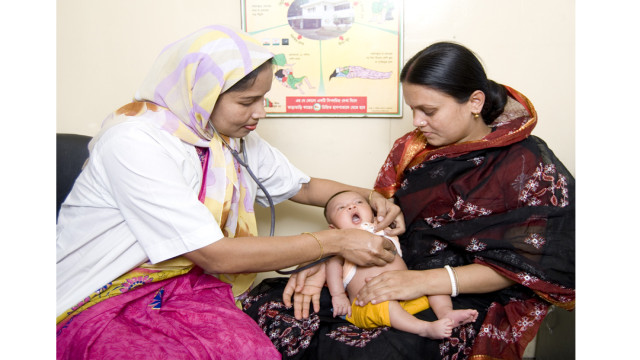

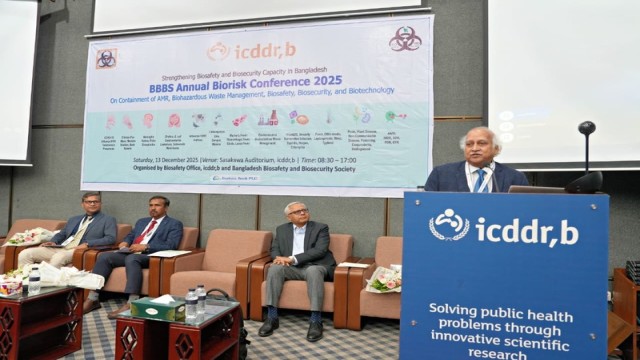
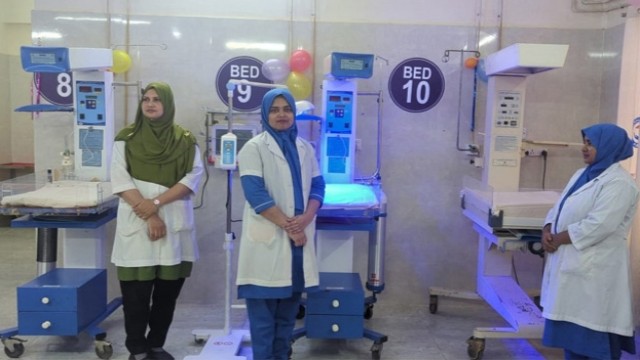
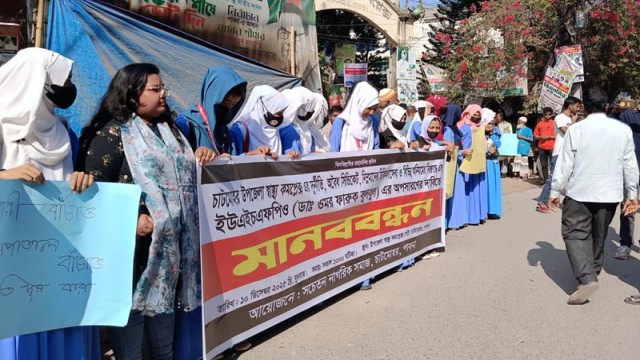
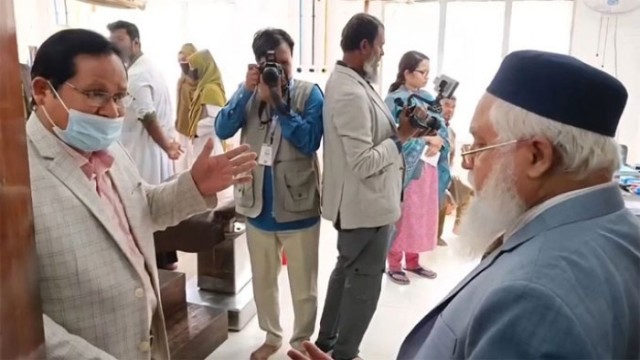
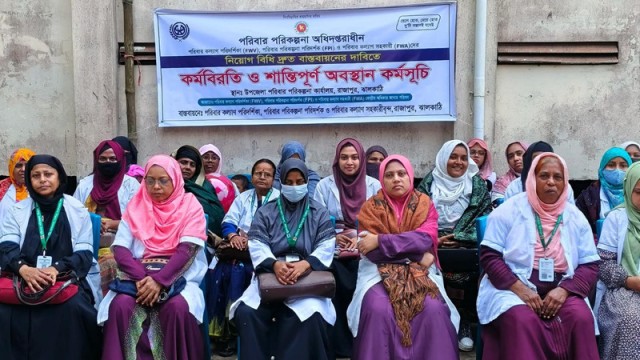




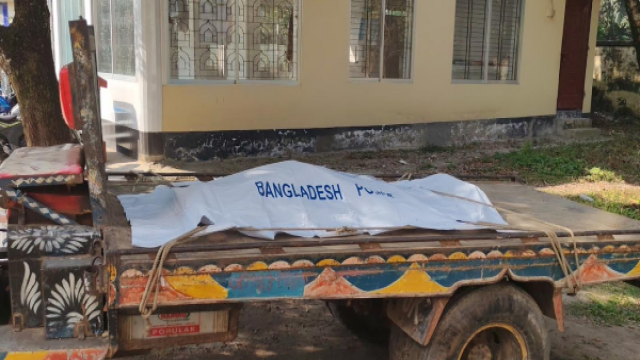
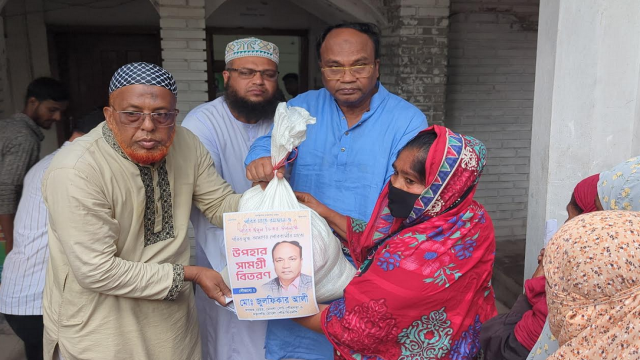















Comment: